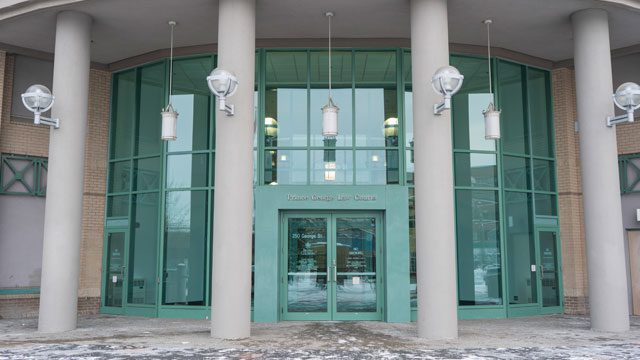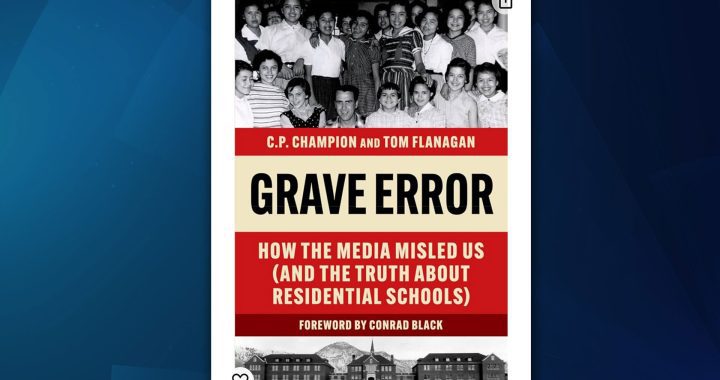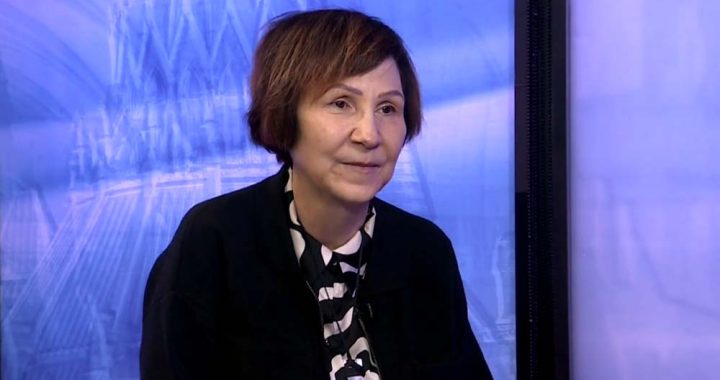By Kathleen Martens
APTN National News
WINNIPEG — Howard Lorne Tennenhouse was disbarred by the Law Society of Manitoba Tuesday after pleading guilty to taking nearly $1 million from 54 residential school survivors.
Complaints from the former students helped expose the Winnipeg lawyer. Tennenhouse was acting on their behalf in claims for compensation for abuse they suffered as children at Indian Residential Schools.
It’s the first time anyone at the disciplinary hearing, conducted at the Law Society’s Winnipeg offices, had heard of a lawyer losing his licence to practice law for over-charging residential school survivors.
Hundreds of lawyers across Canada are working with thousands of survivors as part of the Independent Assessment Process of the Indian Residential Schools Settlement Agreement. The process compensates survivors for sexual and the worst physical abuse suffered at the church-run schools.
Tennenhouse’s lawyer Robert Tapper entered the guilty plea on behalf of his client, admitting to a statement of facts that reflected a year-long investigation conducted by the Law Society. The statement of facts alleged that a misappropriation of funds occurred when clients were over-charged for legal services.
Tennenhouse pleaded guilty to taking $932,501.80 from 54 residential school survivors.
Tennenhouse, a lawyer since 1980, did not attend the hearing.
A lawyer acting for the Law Society, Rocky Kravetsky, said many survivors filed complaints about the amount of money Tennenhouse was taking off their compensation payouts. He was taking money over the amount approved by adjudicators in the settlement claims process.
Tennenhouse, 55, was reportedly using some of the money to buy property in another country.
At the time, Tennenhouse was under Law Society-imposed supervision by another lawyer because of an earlier and unrelated disciplinary action.
During the hearing, Kravetsky said Tennenhouse “went to great lengths” to circumvent the control on him and, in doing so, breached the integrity and public trust of the legal profession. At one point, Tennenhouse accompanied a survivor to the bank, demanded nearly $30,000 in a bank draft, and deposited the money in his wife’s account.
The amount was more than the 15 per cent Ottawa pays lawyers for their fees, and came from the client’s compensation payout.
In removing Tennenhouse from his practice, the head of the Law Society disciplinary committee said the lawyer had “exploited especially vulnerable clients.”
Tennenhouse has repaid about half the money and the Law Society says it will immediately refund the balance to survivors and collect the remainder from Tennenhouse. He also agreed to pay $57,512 toward the cost of the Law Society’s investigation.
None of the clients attended the hearing.










example, if the compensation award is valued at $100,000, the lawyer receives what ever the Contingency Agreement is between client/lawyer. for example the payment to lawyer is contingent on the amt of award, so if the contingency agreement is 5% = $5,000 from $100K plus tax on the $5000 which is approx $150.00. Additionally, not from the clients award but is federal monies, the Adjudication Secretariat pays all lawyers up to 15% of Award based on a legal fee review, it could be less than 15% depending on Decision of Adjudicator. the client pays tax only on the 15%. so in all the client pays 5% plus its applicable taxes. Also pays applicable taxes on the $15,000 or 15% of the $100 or 3 x $150 or $450 for approx total approx. $5600.
$100K award less 5% less taxes =$94,400. No tax exemption because legal office is not situated on reserve. Award does not impact disability, or social assistance similar to the CEP. Disbursements are costs the lawyer incurred to obtain medical records, any documentation. Ask your lawyers office to explain. It is their legal obligation to inform you at the onset of your claim.
This is correct, to the best of my understanding (I’m not a lawyer, though).
Contingency agreements are capped, though, at 15% (at least for the independent assessment process). So any lawyer charging more than that in fees is breaking the rules. In some cases even charging the client anything might be breaking the rules if it’s not justified.
The amounts stolen equal $16,954.80 ($932,501.80 divided by 55 people). Is the 15% paid separately to the lawyer by Canada? Or is the 15% paid by IAP Client from a total Cheque amount given by Canada to the lawyer. My sister was awarded $105,000 but only received $93,000 (rounded off and not the actual dollars and cents amounts to protect her privacy) – SO WHERE IS THE OTHER $12,000 ?
Is it the $12,000 the lawyer’s letter states is being held in trust pending the Adjudicator’s Legal Fee Review ?
She’s going to write to the lawyer about that $12,000 but doesn’t want to be misled in regards to her entire entitlement.
So, when unsure, ask the lawyer and others to be sure !!
Lawyers get 15% automatically from Canada, and they can charge up to15% on top of that (but they need consent to do it). The 12000 might be disbursements, which are costs the lawyer incurs to do the case, and come on top of fees. The lawyer should be able to account for it.
If your sister thinks something might be a problem or isn’t satisfied with what the lawyer says, she should contact the law society and they’ll investigate.